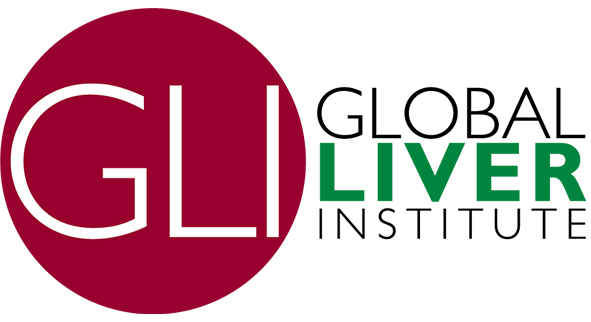PATIENT GROUPS DECLARE ICER REVIEW OF NASH MEDICATIONS CAUSES MORE UNCERTAINTY AND CONTROVERSIES THAN IT RESOLVES
Lack of Data and Faulty Assumptions Weaken Usefulness of ICER Recommendations
April 28, 2023, Washington, DC – Today, the Institute for Clinical and Economic Review (ICER) will hold a public hearing on its draft assessment of Resmetirom and Obeticholic Acid for Non-Alcoholic Steatohepatitis: Effectiveness and Value. Patients from around the United States and Canada will participate in the public meeting, convened virtually by the Midwest Comparative Effectiveness Public Advisory Council (CEPAC).
Nonalcoholic fatty liver disease (NAFLD) is the leading cause of chronic liver disease. NAFLD is a chronic progressive condition of which NASH is the more advanced form, where the extra fat turns into inflammation (swelling) and fibrosis (scarring) of the liver. If severe enough, NASH can lead to cirrhosis, cancer, the need for a transplant, or death. Diagnosis and treatment of NASH are imperative to stem these more serious outcomes. ICER’s modeling and analysis demonstrate a serious mischaracterization of the disease and of the potential benefit to patients who do not currently have any FDA-approved medications.
ICER should give serious consideration to the input of the patient community provided today during the public comment session and policy roundtable in addition to those which have already been shared during GLI’s NASH Externally Led Patient-Focused Drug Development Meeting meeting in 2021. We request that ICER fully integrate patient perspectives on the weights of various health states and the preferences for different combinations of side effect profiles in the context of their disease into their final evidence report, while also factoring them in when making policy recommendations. Additionally, we appeal to the ICER Midwest CEPAC voting panel to carefully consider these comments and their vote to reflect sound science and reality-based medical practice.
Donna Cryer, President & CEO of Global Liver Institute and 28-year liver transplant survivor said, “NASH is a chronic, progressive illness. That is not a scientific debate. What is uncertain is who is a fast progressor, the rate of progression, and the relative contributory factors of various drivers or comorbidities in the disease progression of any one individual. The ICER model does not effectively capture this.”
Other flaws in the ICER model and review around mischaracterization of the disease, misinterpretation of the placebo groups, intermixing of US and EU quality of life and cost data, and myriad other faulty assumptions and limited data undermine the validity of the review and any recommendations that follow. GLI calls on ICER to take these patient experiences seriously in its evaluation in the final assessment of resmetirom and obeticholic acid for the treatment of NASH. Approval of and access to these initial effective NASH treatments is essential to our community and to encourage continued innovation in what is now a very robust field of research.
In addition to Global Liver Institute, representatives from GLI Liver Action Network (LAN) members presenting at the ICER Public Hearing on April 28 include Fatty Liver Alliance, Fatty Liver Foundation, and NASH kNOWledge. Through collaboration and innovative initiatives, GLI and LAN members work to solve problems that matter to patients and families, improving the health of communities.
———-
GLI is a patient-founded and led 501(c)3 nonprofit organization committed to liver health which focuses on advancing patient-centered research, education, and care delivery models for those living with NAFLD/NASH. Global Liver Institute’s NASH Council, which launched in 2017 at the Milken Institute at the George Washington School of Public Health, coalesces a diverse set of more than 80 stakeholders around the urgency for developing preventive, diagnostic, and treatment solutions for all stages of NAFLD and NASH in the U.S. and abroad. GLI equips advocates to identify and solve the problems that matter to liver patients. Follow GLI on Facebook, Instagram, LinkedIn, and YouTube.

